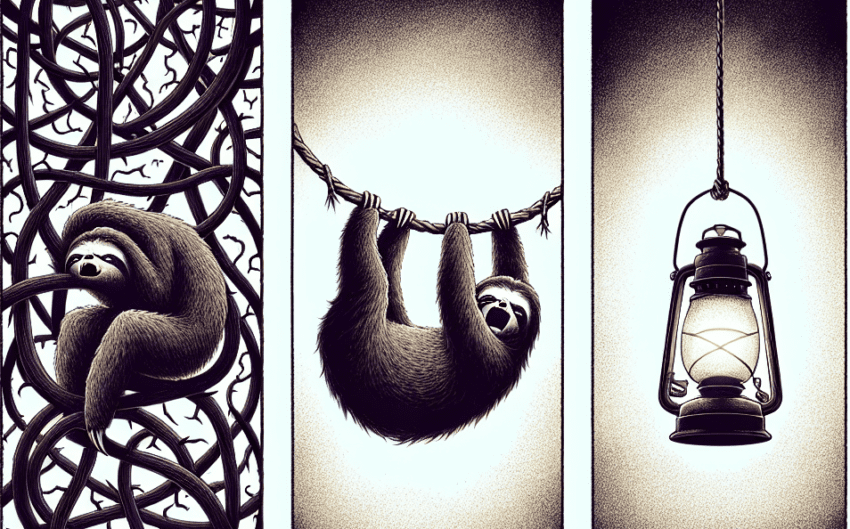Can anxiety cause fatigue? – Let’s be real—life in your 20s and 30s is exhausting enough without anxiety making it worse. Between work, relationships, and the constant pressure to have it all figured out, the last thing you need is your brain running a mental marathon every day. But that’s exactly what anxiety does. It’s like having an overactive phone app draining your battery—except instead of your phone, it’s you.
Why Anxiety Makes You So Tired
Anxiety isn’t just in your head—it takes a real toll on your body. Your nervous system is constantly in fight-or-flight mode, pumping out stress hormones like cortisol and adrenaline. This might be helpful if you were running from a bear, but not when you’re just trying to get through your inbox. Over time, this wears you down, leaving you feeling drained, sluggish, and mentally foggy.
Real-Life Example: The Endless Loop of Overthinking
Ever had a conversation that you replay in your mind 50 times, convinced you said something weird? Or spent hours doom-scrolling job listings, stressing about whether you’re on the right career path? That mental overdrive isn’t just annoying—it’s exhausting. I remember lying in bed at night, completely wiped out but unable to sleep because my brain wouldn’t stop running through an imaginary to-do list. The next day? I was running on coffee and sheer willpower.
 The Hidden Ways Anxiety Zaps Your Energy
The Hidden Ways Anxiety Zaps Your Energy
- Sleep Disruptions: You’re tired, but your mind decides now’s the perfect time to analyze your entire life. Thanks, brain.
- Muscle Tension: Ever notice how you wake up feeling like you did a full-body workout in your sleep? That’s anxiety making you clench your jaw and tighten your shoulders all night.
- Decision Fatigue: Even small choices—what to eat, what to wear—feel overwhelming. It’s like your mental energy is already maxed out before the day even starts.
- Social Exhaustion: Small talk feels like a chore. Even fun plans can leave you drained because you’re hyper-aware of everything you say and do.
Why This Hits Young Adults So Hard
Our generation is drowning in expectations. Social media makes it seem like everyone else is thriving while you’re just trying to survive. There’s pressure to land the dream job, maintain a perfect social life, and somehow still have time for self-care. The result? Anxiety that never turns off, leaving you running on empty.
- Workplace Burnout: A BBC report highlighted how Gen Z and Millennials face extreme fatigue due to job insecurity, long work hours, and the constant need to prove themselves. Anxiety over job performance leads to sleep deprivation and chronic tiredness.
How to recover from work burnout - Social Media & Comparison: A Guardian article discussed how excessive social media use increases anxiety, making young adults feel drained by constant self-comparison.
The reality of life of a Social Media influencer - Post-Pandemic Stress: The New York Times covered how the uncertainty of the pandemic has left many young people struggling with anxiety-related fatigue.
Personal Take: Learning to Recharge
For a long time, I thought being tired all the time was just part of being an adult. It wasn’t until I started prioritizing rest—setting boundaries, saying no, actually sleeping—that I realized how much anxiety was depleting me. Meditation, therapy, and unplugging from social media helped too.
Final Thoughts: It’s Okay to Slow Down
Anxiety is exhausting, but you’re not lazy or broken—you’re just burned out. The best thing you can do? Give yourself permission to rest. Take a break, breathe, and remember: you don’t have to have it all figured out today.
If this hit home for you, just know you’re not alone. Anxiety is tough, but so are you. And sometimes, the strongest thing you can do is simply take a deep breath and rest.

 The Hidden Ways Anxiety Zaps Your Energy
The Hidden Ways Anxiety Zaps Your Energy